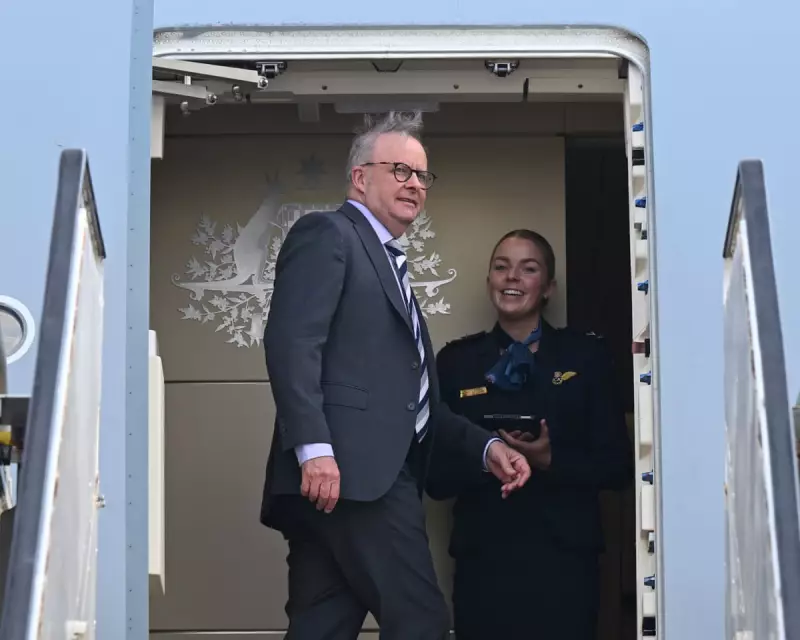
Prime Minister Anthony Albanese has confirmed he will not be attending the pivotal COP30 climate summit in Belém, Brazil, opting instead to send Climate Change and Energy Minister Chris Bowen to represent Australia.
The decision comes despite the conference's significance as a major global gathering where world leaders are expected to present ambitious climate targets and strategies.
Government Defends Decision Amid Criticism
A spokesperson for the Prime Minister defended the move, stating that "ministerial attendance at international climate conferences is standard practice for Australian governments" and emphasizing that Mr Bowen would "strongly represent Australia's interests."
However, the absence of the nation's leader at such a critical environmental forum has raised eyebrows among climate advocates and political opponents alike.
Environmental Groups Express Disappointment
Climate Council advocacy head Jennifer Rayner voiced significant concern, telling Guardian Australia: "It's deeply disappointing the prime minister won't be at the table for these crucial global climate talks."
Rayner emphasized that Australia has "substantial work to do" to align with global climate efforts and suggested that high-level representation is essential for meaningful progress.
Timing and Context Raise Questions
The decision is particularly notable given that COP30 falls outside Australia's typical parliamentary sitting periods, eliminating scheduling conflicts as a potential excuse. The summit is scheduled for November 10-21, 2025.
This marks the second consecutive major climate conference the Prime Minister will miss, having also skipped last year's COP29 talks in Baku.
Broader Implications for Australia's Climate Stance
The absence sends mixed signals about Australia's commitment to global climate leadership, especially as nations prepare to update their climate pledges under the Paris Agreement framework.
With Australia facing increasing climate-related challenges including bushfires, droughts, and coral reef degradation, many environmental advocates argue that strong representation at international forums is more crucial than ever.





